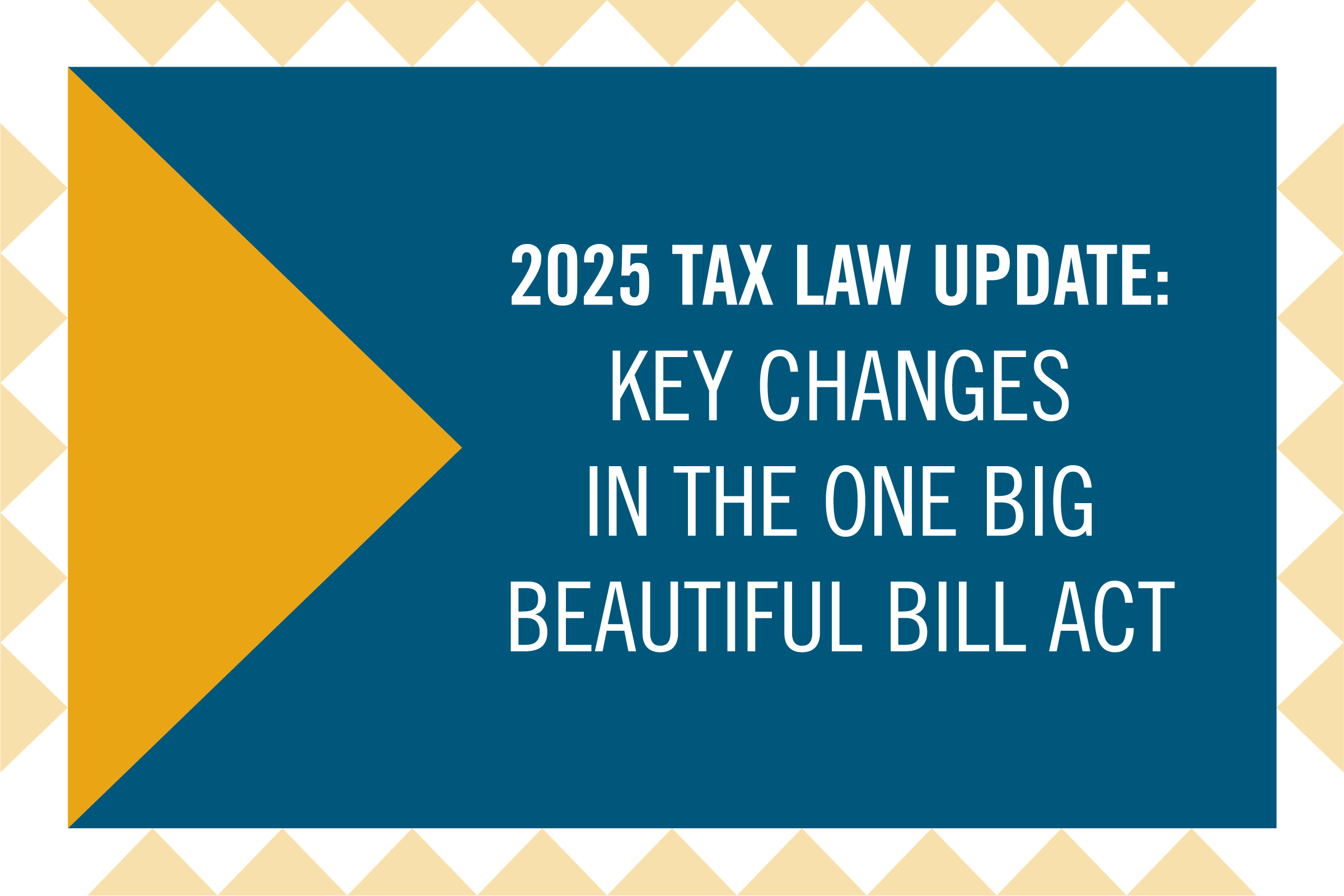What Does the End of the Public Health Emergency Mean?
- Contributors
- Bryan Hall
- Georgina Perry
Mar 2, 2023
On January 30, 2023, it was announced that the current Administration intends to end the public health emergency (PHE) declaration related to the Covid-19 pandemic on May 11, 2023. The PHE allowed flexibility during the emergency declaration and special healthcare provisions, including Covid-19 testing, treatments and vaccines, telehealth, Medicaid, Medicare, Hospitals, Long-Term Care facilities and private insurance coverage and liability immunity to administer medical countermeasures. While some of these provisions will end on May 11th, others are set to end at various times over the next two years, and some will not be affected at all.
Covid-19 Testing, Treatment, and Vaccines
- Access to Covid-19 vaccinations and treatments will not be affected but will shift into traditional healthcare coverage.
- Vaccines recommended by the Advisory Committee on Immunization Practices (ACIP) are a preventive health service for most private insurance plans and will be fully covered without a co-pay. The requirement for private insurance companies to cover laboratory and over-the-counter Covid-19 tests will end, but plans can decide to continue to cover the cost.
- Medicare Part B will continue to cover Covid-19 vaccinations without cost sharing; this will and is not expected to end at this time.
- Medicaid will continue to cover all Covid-19 vaccinations without a co-pay or cost sharing through September 30, 2024. Beyond that, coverage and cost sharing may vary by state.
Telehealth
- Major Medicare and Medicaid telehealth flexibilities will remain in place until December 31, 2024, to continue to provide access to care, particularly to those in rural areas and others that struggle to find care who have relied on these services.
HIPAA
- Some penalties for HIPAA violations against providers that serve patients in good faith through different communication outlets, such as FaceTime or Skype for telemedicine purposes, were waived by the United States Department of Health and Human Resources; this waiver will end at the end of the PHE on May 11, 2023.
COBRA
On July 10, 2023 (60 days after the end of the PHE), COBRA rules will revert to their pre-pandemic existence. Employers will no longer exclude 3/1/2020-5/11/2023 when determining the following:
- The 60-day election period for COBRA continuation coverage.
- The date for making COBRA premium payments.
- The deadline for employers to provide individuals with notice of their COBRA continuation rights.
- The 30-day Special Election Period to request enrollment in a group health plan.
- The timeframes for filing claims under the plans’ claims processing procedures.
- The deadlines for requesting internal and external appeals for adverse benefit determinations.
Liability Immunity
The PHE extended liability immunity to administer medical countermeasures (Covid-19 vaccinations) to:
- Pharmacists and pharmacy interns;
- Healthcare providers licensed in one state but providing vaccinations in another;
- And physicians, registered nurses, and practical nurses whose licenses expired within the last five years;
The provision is under the Public Readiness and Emergency Preparedness (PREP) Act and will end at the end of the PREP Act’s duration on October 1, 2024.
Long-Term Care Facilities & Nursing Homes
- The suspension of the “three-day stay” requirement, which allowed Medicare patients to be discharged to a skilled nursing facility without having to stay three days in a hospital, will end on May 11, 2023.
- The temporary nurse aide (TNA) waiver that decreased the amount of training hours for nurse aids will end on May 11, 2023.
- For home health and Hospice, the training and assessments also decreased the amount of time necessary to get certified. For example, Hospice was allowed to drop benefits such as physical and occupational therapy and volunteer visits. This will be required again after the end of the PHE on May 11, 2023.
- Medicaid recipients generally are entitled to long-term care only in nursing homes and States can provide home care benefits only with a waiver from the federal government. During the PHE, states were allowed broader flexibility for home-based care, which will end at the end of the PHE. Medicaid, which was also made more accessible during the PHE, with states unable to drop enrollees because they did not meet certain requirements, will also see these changes end on May 11, 2023.
Hospitals
The following provisions will end on May 11, 2023:
- The use of temporary expansion sites, such as conference rooms, surgical suites and other spaces within hospitals that do not conform to the condition participation requirements for patient rooms. This also includes the provider-based departments that were relocated to settings outside of the hospital.
- Skilled nursing facility (SNF) beds available for patients not meeting SNF requirements.
- Waivers allowing hospitals to redirect patients from their emergency departments to screen for Covid-19.
- Medicare’s 20% add-on payments for patients diagnosed with Covid-19.
The following provisions will end:
- Enhanced federal funding to state Medicaid programs on December 31, 2023.
- Reimbursement for cardiac, intensive cardiac, and pulmonary rehabilitation services provided via telehealth under the physician fee schedule will end on December 31, 2023.
- Permission for physicians and non-physician providers to directly supervise diagnostic services virtually through audio/video real-time communications technology will also end December 31, 2023.
- Hospital Covid-19 data reporting requirements. The CMS condition of participation required hospitals to submit certain data related to Covid-19. It was originally set to expire at the end of PHE, but in the FY 2023 Inpatient Prospective Payment System final rule, CMS revised it to hospitals to continue reporting Covid-19 related data through April 30, 2024, unless the Health and Human Services Secretary establishes an earlier date.
With so many changes stemming from the end of PHE, it’s easy to be lost or overwhelmed. But you don’t have to be. Contact CRI’s team of medical practice accountants and consultants to help navigate all of the upcoming changes and steer you in the right direction.

















































































































































































































































































































































































































































































































